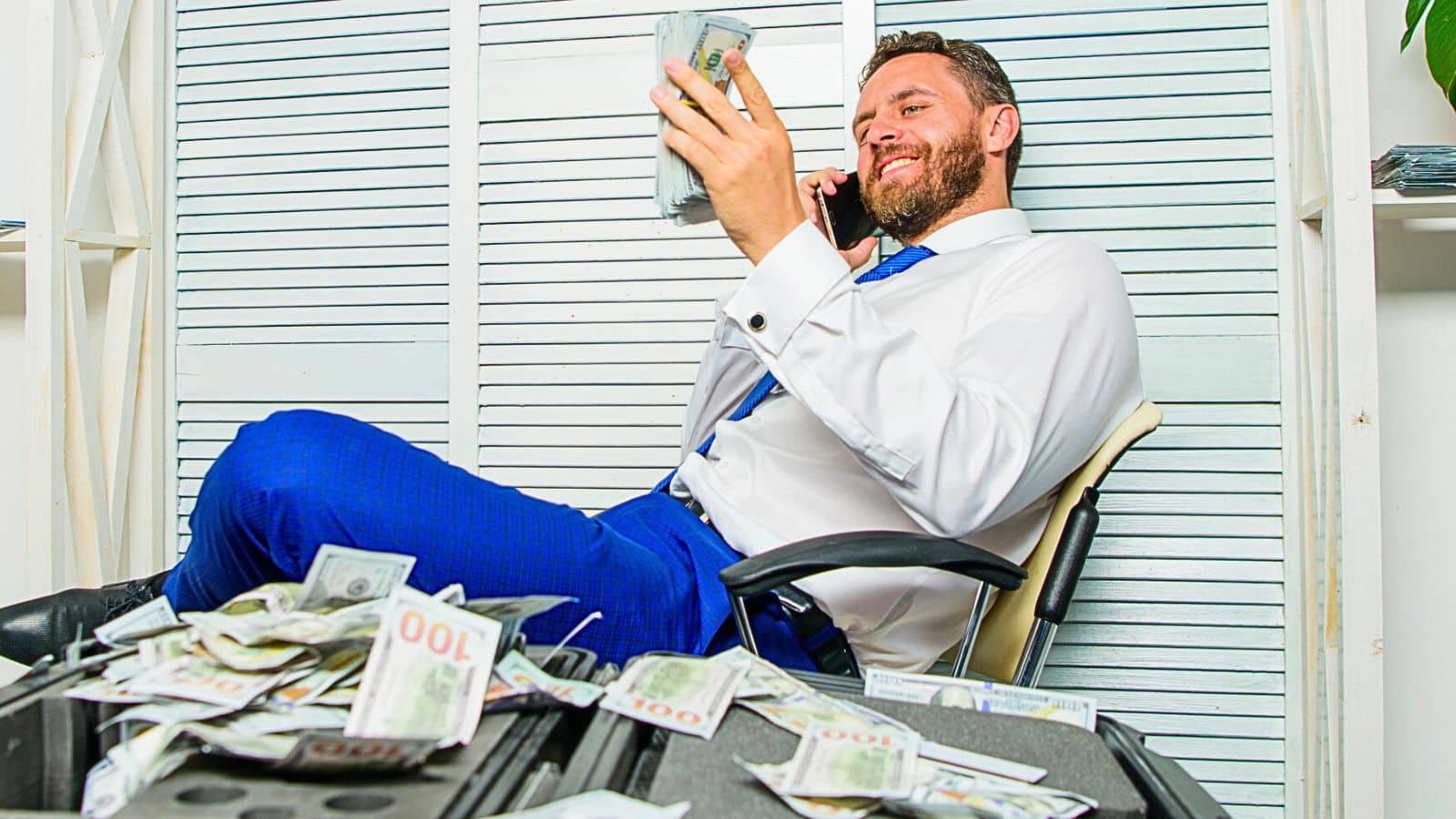Side hustles are a popular way to make extra money, but some aren’t as simple (or as safe) as they look. Changing rules and regulations mean a few once-common ideas are now getting legal scrutiny. If you’re starting any of these eight side businesses, make sure they won’t land you in trouble.
Short-Term Rentals Without Permits

Renting out your place on Airbnb may seem easy, but many cities now require specific permits or licenses. Some have strict zoning laws or outright bans on short-term rentals. If you’re not following the local rules, you could get hit with fines—or even a cease-and-desist order.
💸 Take Back Control of Your Finances in 2025 💸
Get Instant Access to our free mini course
5 DAYS TO A BETTER BUDGET
Selling Homemade Food Without Certification

Cottage food laws vary by state, and some allow only certain items to be sold without a commercial kitchen. That means baked goods or jams may be fine, but hot meals or dairy-based foods are often a no-go. Selling food without proper licensing can lead to serious health department violations.
Reselling Branded Products Without Authorization

Flipping retail items online can be profitable, but reselling branded goods—especially high-end ones—can cross into gray areas. If you’re not an authorized seller, companies may flag your listings or file trademark complaints. And if you sell counterfeit items by accident, you could face even bigger legal trouble.
Freelancing Without Paying Taxes

Getting paid under the table may feel harmless, but skipping taxes is a major risk. If you freelance or earn side income, you’re required to report it to the IRS. Failing to file or pay estimated taxes can lead to audits, penalties, and unexpected bills down the line.
Running a Business in a Residential Zone

Starting a side gig from home sounds convenient—until your neighbors complain. Some residential areas have rules about business activity, especially if it brings foot traffic, noise, or extra vehicles. Even a small operation like tutoring or hair styling can trigger zoning violations if you’re not careful.
Dropshipping With Unreliable Suppliers

Dropshipping lets you sell products without holding inventory, but it comes with risks. If your supplier ships counterfeit or faulty goods, you’re the one legally responsible. And if customers don’t get what they paid for, you could face chargebacks or lawsuits—plus damage to your reputation.
Using Copyrighted Material Without Permission

Creating content or products using copyrighted logos, music, or images may seem minor, but it’s not. Many creators have faced takedown notices—or worse, lawsuits—for using content they didn’t own. Whether it’s on Etsy, YouTube, or a T-shirt, you need permission to use someone else’s work.
Offering Professional Services Without a License

Coaching, consulting, or offering advice online sounds like an easy gig, but some services require a license. Financial coaching, legal help, therapy, or even real estate consulting can cross legal lines if you’re not certified. Make sure you’re not offering something that’s legally restricted.
Think Before You Launch

It’s easier than ever to start a side business, but that doesn’t mean it’s always risk-free. Taking the time to understand the legal side of things now can save you from fines, lawsuits, or bigger headaches later. A little research goes a long way when your income—and reputation—are on the line.
Earn Extra Cash with These 13 Free Side Hustles

When money is tight, having a side hustle can help bring in some extra cash. Many side hustles may require upfront costs to get started, which may not be feasible depending on your current financial situation. Here are 15 tried and true side hustles you can begin today that won’t cost you a penny. Earn Extra Cash with These 13 Free Side Hustles



